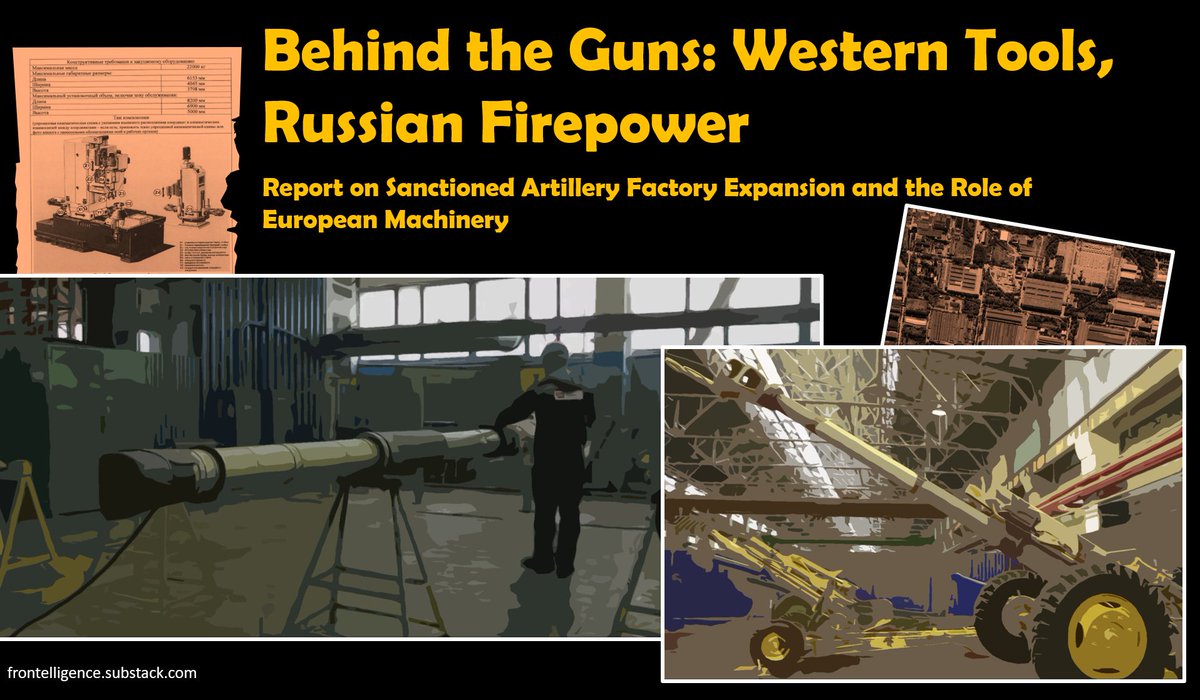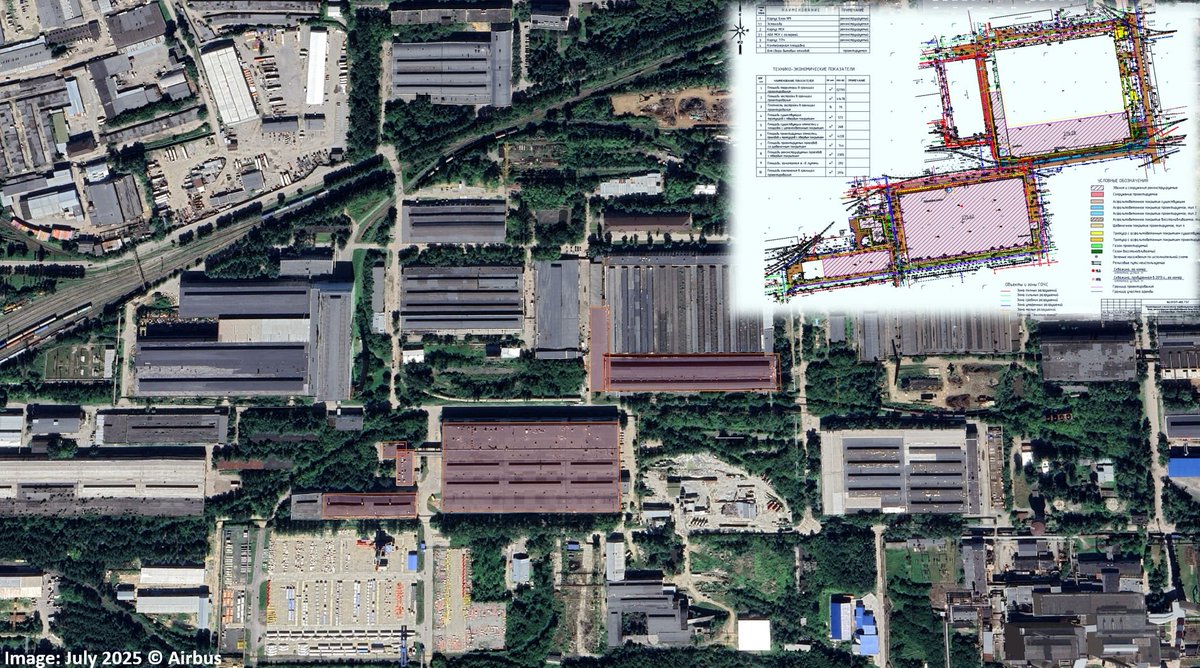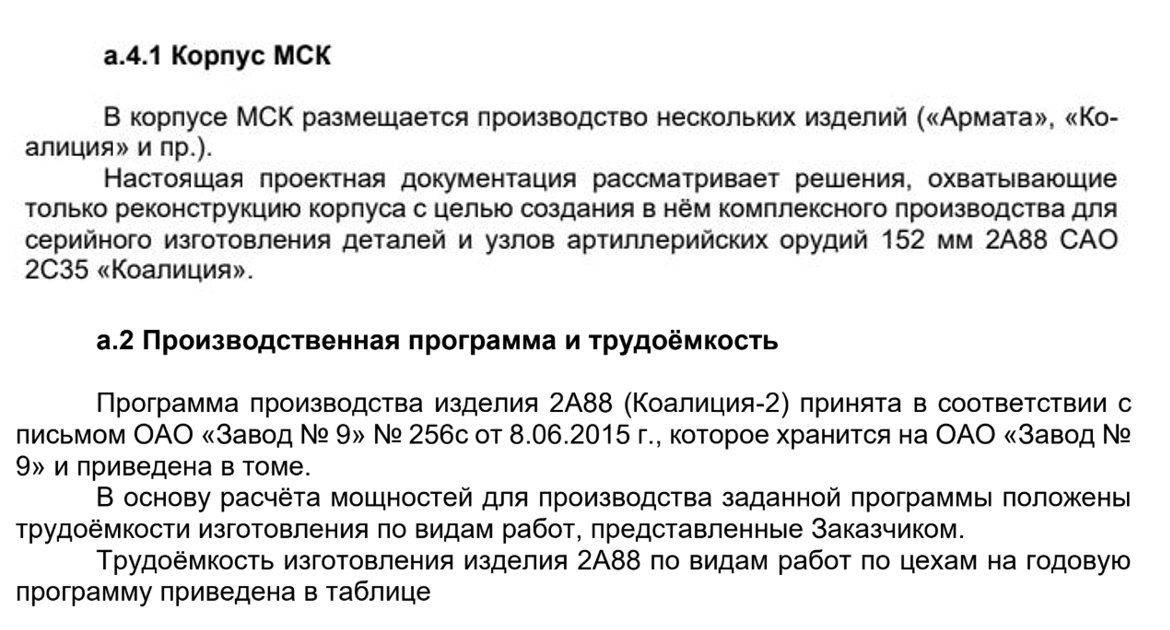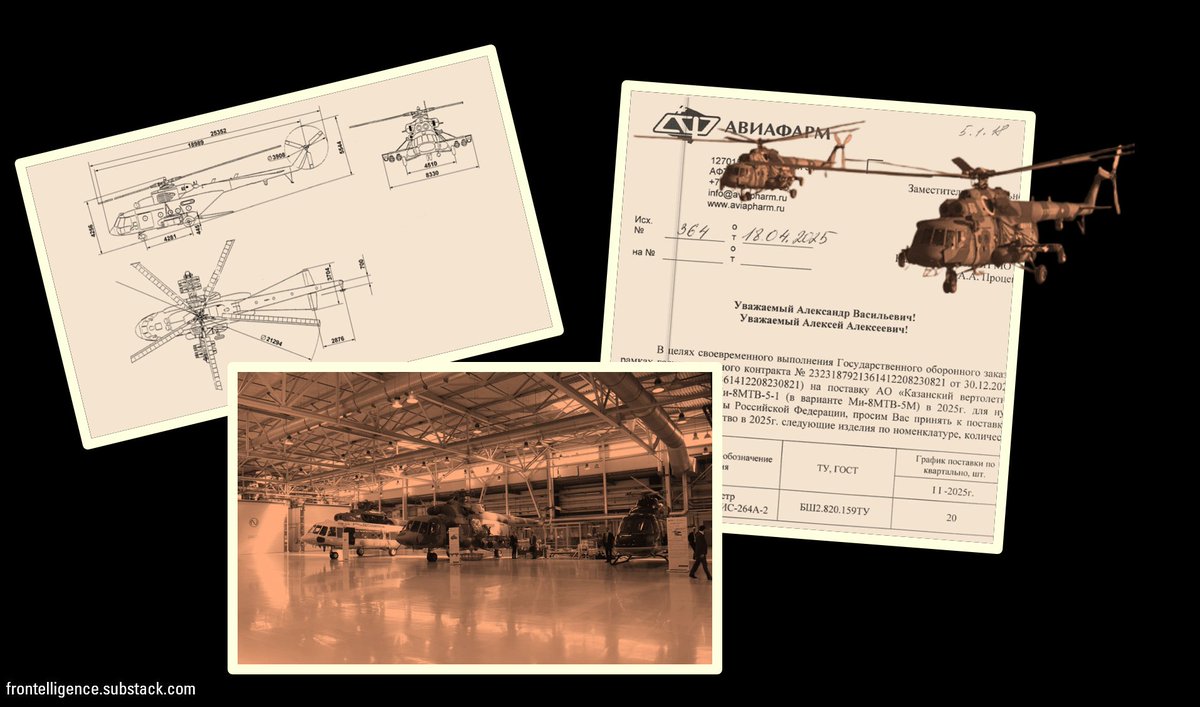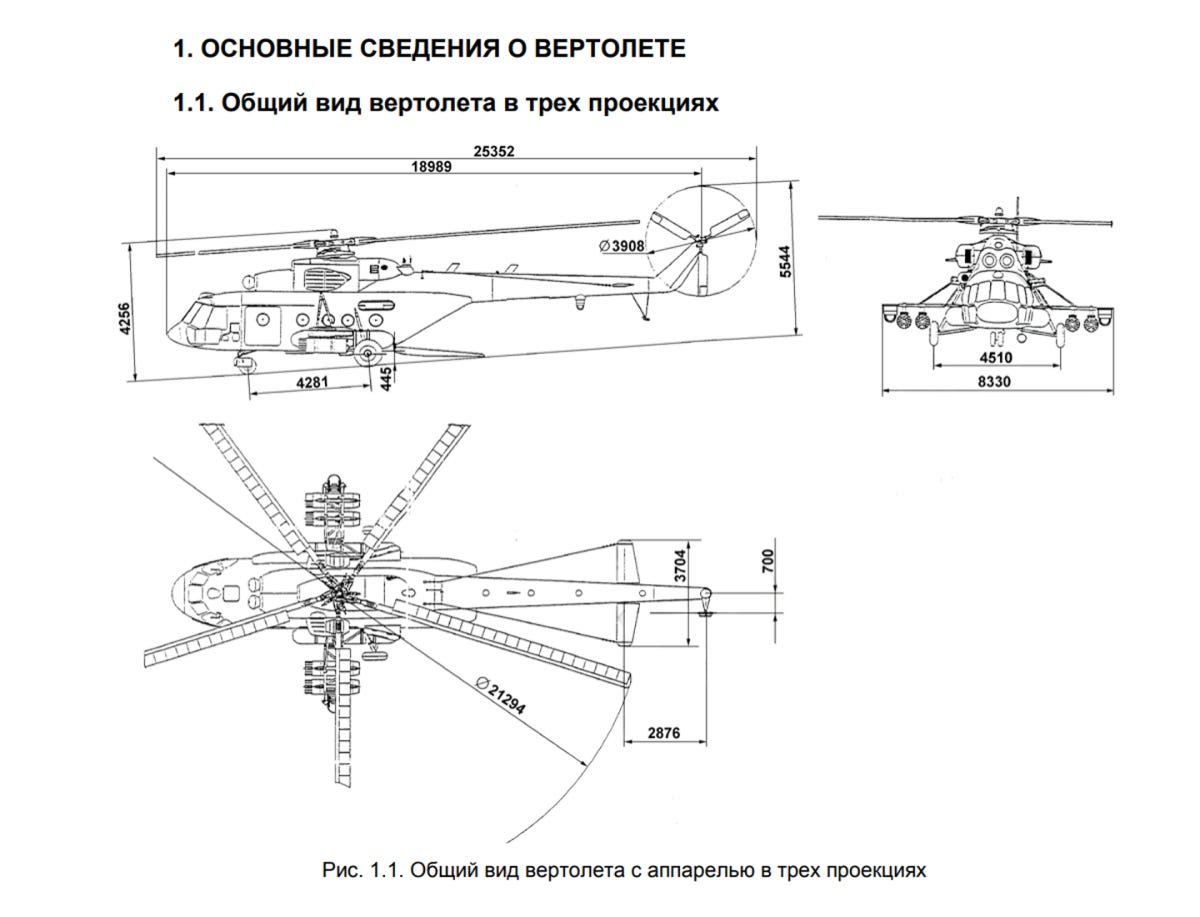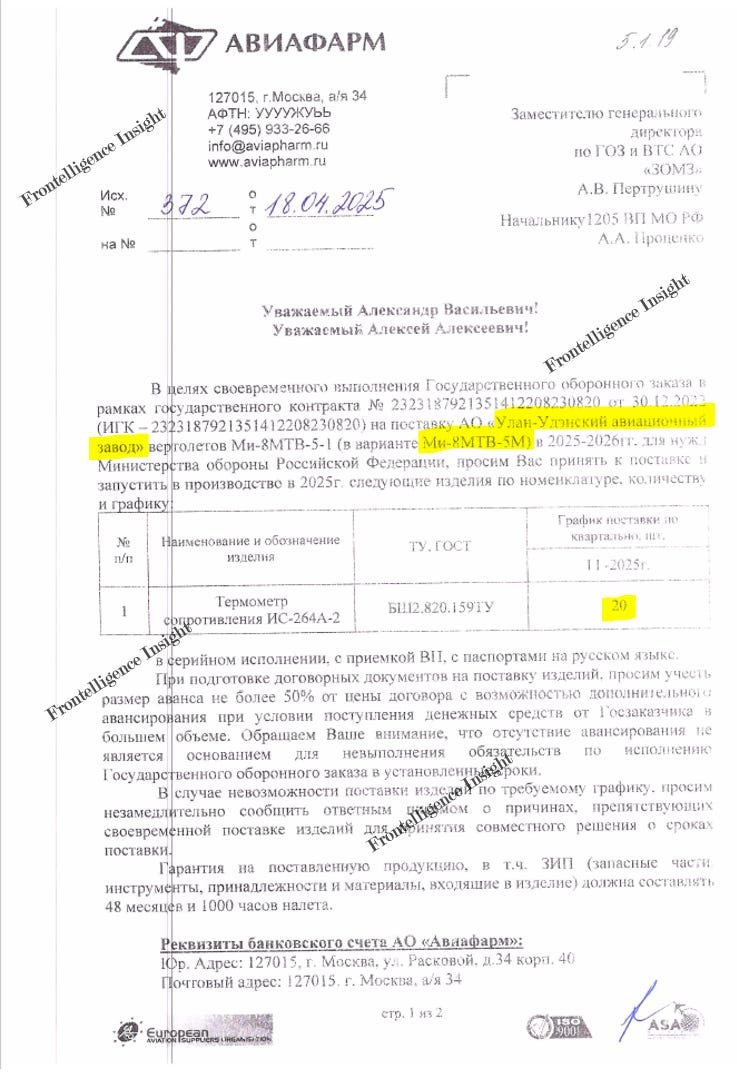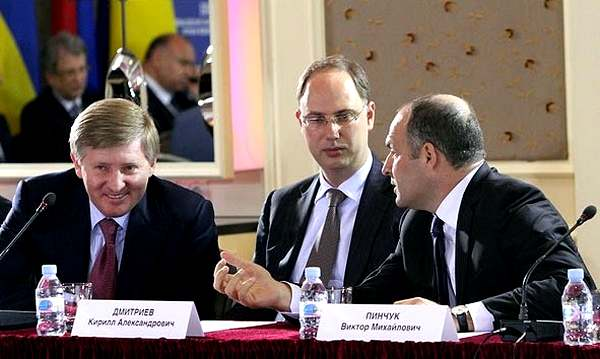I am thrilled to present an incredible interview featuring Yana (@jana_skhidna), a 28-year-old Ukrainian volunteer who has recently returned from Avdiivka. It’s a highly illustrative story showcasing how people, specifically young Ukrainian women, continue to support Ukrainian troops on the most dangerous frontlines. If you're curious about what's happening in Avdiivka and wish to hear a firsthand account from a location typically closed off to journalists and the general public, look no further. We found her answers insightful, so don't miss out!
(Due to limitations on the number of images in a single post, you can explore the complete article on our project's website. The link is available in my bio, offering more images shared by Yana.)
1. Hello! Could you please provide a brief introduction and tell us more about yourself?
Y (Yana): My name is Yana, and I am 28 years old. Before the full-scale invasion, I worked in the construction industry as a manager of construction projects. I dedicated a lot of time to learning English and took additional courses in ArchiCAD and LIRA-SAPR. A significant part of my free time and, in general, my life, was devoted to studying and improving my knowledge in the field of design. However, after February 24, everything changed. All construction projects that were planned for 2022-23 were canceled and frozen. Currently, I am busy in the field related to my economics education.
2. How and when did the war start for you?
Y: The war began for me in 2014. It was a very challenging period during which I experienced depression. I constantly felt unwell both physically and morally. Of course, this affected the learning process, at times impacting my performance, interaction, and communication with people. I worked with a psychologist. It was a huge blow for me to realize that, 1000 km away from where I was living, studying, and currently residing, the most terrible thing was happening - war. It was surreal for me that while I was performing mundane actions, someone was dying, someone was getting injured, homes were destroyed. It was shocking to see that despite these events, people could calmly attend classes, go to work, cafes, and clubs.
A part of what I loved was forever lost in 2014. It tore me apart to think that while I was attending an accounting class, there were ongoing military actions in the Donbas region. It was also challenging because many people said, "They themselves called for the Russian world," "They wanted Putin," "It's because of them that there's a war." These were people who never knew the history of Eastern Ukraine and never understood it.
3. When and why did you decide to become a volunteer? (In Ukraine, the term “volunteer" refers to individuals engaged in providing military and humanitarian aid to both military personnel and civilians. These volunteers contribute by fundraising, purchasing, and delivering essential goods to military units and civilians on the frontlines.)
Y: It seems that, like many others, it all started for me with weaving camouflage nets. Yes, there were requests for them, and we were told how important it was and how it helps our defenders. It was enough for me as a second-year student at that time. But, as I shared earlier, I found these events deeply painful, and I wanted to do more. I spent my entire scholarship on supporting the Armed Forces of Ukraine (ZSU). It wasn't about large-scale fundraising; I didn't inquire about who was buying what and why. We had local volunteers and civic organizations in Chernivtsi (which are still active), and I financially supported them. It was important to me. At that time, intense battles were taking place in Donetsk Airport (DAP), Debaltseve, Ilovaisk, and so on. It was heart-wrenching, and I felt the need to be somehow involved in providing assistance.
Later, my mother and I started preparing homemade treats, and I delivered them to the military hospitals in our city. Every Tuesday, I would enter a random ward to visit the soldiers. There was a period when I consistently donated and supported the army without hesitation. Again, my mother always assisted me—whether it was making Easter bread for the soldiers or baking Christmas cookies to send to the front lines.
When the full-scale invasion began, on February 25th, my father and I filled our car with essential items and headed to the Territorial Defense headquarters in our city. We collected items for units that were being prepared and sent to the East. We were also helping civilians - by evacuating people from Donetsk, Luhansk, Kharkiv, Kyiv oblast, and evacuating animals, transferring them to Europe. Only when I completed my second higher education in May 2022 did we start going on humanitarian missions directly to the frontlines.
4. What is the essence of volunteering and who are volunteers?
Y: The essence of volunteering is perhaps in selfless work, in ongoing activities aimed not at gaining profit or any other additional benefits. Volunteering is, above all, the opportunity to influence environment, to initiate one's own projects, and to change the country. When people become volunteers, they not only get a chance to express themselves, get new knowledge and skills, but also strive to make the lives of others better.
I believe that each person who calls themselves a "volunteer" has their own motives that prompted them to engage in this activity. For me, it is primarily patriotism and the fact that my country is at war. Parts of our land are immersed in pain, suffering, and blood. And then, it is about fulfilling the needs of the less fortunate, gaining new experience in working with people, organizing, and conducting various social projects.
Currently, the activities of the majority of volunteers and volunteer organizations in Ukraine are focused on helping the military, supporting refugees, and assisting people affected by the war. Because this is our own, our homeland, and I simply cannot comprehend or accept how one can be indifferent to this movement in such challenging times.
5. You've been to many cities and villages that were destroyed by Russian forces. What impressed you the most during your volunteer trips?
Y: Oh, here one could talk for days and nights because for almost 2 years of trips to the front and near-front cities and villages, there were many different situations and moments when I could cry and scream from pain and despair, when we laughed, probably hysterical laughter, when we said goodbye to life dozens of times and rejoiced because an important evacuation had succeeded, and when we scolded ourselves for arriving late.
I approach each of our trips calmly. For me, it's like going to work, with one important nuance. I perceive it as work because I go to various locations to work with civilians and the military, to help them.
This time, I'll share just one incident from our recent trip. We were working specifically along the Mariinka direction, and we entered the village of Maksymilianivka, just 5 km from Mariinka, or more precisely, the stones and ruins left of it. Before the war, 3000 people lived there; now, there are probably around 100. Maybe more, maybe less – it's hard to count accurately because it's constantly under shelling, and people hide in their homes, rarely coming out. In Maksymilianivka, they don't allow entry without an escort; everyone is checked at the checkpoint. And it was the last day of our trip: we traveled to Avdiivka and its surroundings, Bakhmut direction, Vuhledar direction – everywhere destruction, grief, no communication, and here we enter a house in Maksymilianivka, and there's light. It so impressed me, and I said to my colleague, "Wow, there's light here, it's a real miracle!"
In the midst of terrible devastation in the village, constant shelling, lack of communication, and internet just 5 km from the front line, we saw light in a house. The thing is, electricians stay there, and despite the constant threat of artillery, MLRS shelling, and Orlan drones, these people work until the last moment and provide light to the people who stay in the village. Our people will probably never cease to amaze me.
6. Let’s talk about the painful - Avdiivka. Tell me about your personal impressions from the recent visits.
Y: Avdiivka is my personal pain and a wound that has probably been with me all my life. Working and helping in Avdiivka – I mean both the military and civilians – is like living another life. Perhaps, after the war, I will write a book about it because so much has been experienced there. A lot of things that I cannot always talk about, and things that need to be told and shown to those who come after us, so that these things and stories are not forgotten.
I remember Avdiivka differently, in every season, and, of course, it hurts every time... as if for the first time when, instead of a city, I see piles of rubble and construction debris, and on the way to the city, instead of the outlines of a giant industry, I see clouds of black-black smoke from the next shelling...
I'm not saying it for the last time because I know that we will still work in the Avdiivka direction – and the last time I was there on my birthday.
On November 18, we woke up at 4 in the morning to load humanitarian aid for civilians and equipment for the military, so that by 6:00, a maximum at 6:30 AM, we would already be in the city. Avdiivka now is 22 km of a constantly shelled road. There are sections where enemy UAVs are actively working, so, as we say, we need to "skip" quickly. We entered without headlights, quickly, with open windows in the car to hear enemy UAVs.
The landscape in Avdiivka changes every night. Dozens of air strikes per day turn the city into complete ruins. There are fewer and fewer places for shelter, constant "KABs" (Guided Aerial Bombs), the scariest thing imaginable, when a building collapses like a house of cards before your eyes – I've seen that only in apocalyptic movies.
If you work with civilians: humanitarian aid and evacuation – everything needs to be done in the morning and very quickly. After the morning, the Russians fly with Orlans (recon UAV); they observe, and determine where there are groups of people (3 or more), from which building smoke is coming from a home stove, and KABs target it. Just damned scum waging war on absolutely unarmed and defenseless people.
It's very hard for me when through the window of a burned, black building with broken windows, I see remnants of life – a small intact chandelier that will never shine again, winter clothes on the shelves that no one will ever wear, and neatly arranged books.
But every damn time we enter this city, and at the entrance, Ukrainian flags greet us, it adds strength and motivation to move forward. I want everyone, both here and around the world, to realize the price we pay to see these blue-yellow flags in Avdiivka, and what irreparable losses we suffer. When I see our tired, exhausted soldiers who clearly say, "It's hard, but we're fighting," I understand that we have no right to get tired and stop. I'm ready to sacrifice my health, but I will be sure that I did everything to protect and help the bravest people in our country and our city, Avdiivka.
7. In your opinion, why is Avdiivka so important for the Russians?
Y: Avdiivka, like a bone in the throat of our enemies, has remained an impregnable fortress. Unfortunately, this fortress is now forced to defend itself. As they say now, "capturing Avdiivka is purely a political goal" for these damn Russians and Putin in particular. They need victories. But a victory over what? Over peaceful people who have been deprived of their homes or because they destroyed the entire city?!
Avdiivka is the gateway to Donetsk. From there, the Armed Forces of Ukraine have the opportunity to control the presence of the enemy in the oblast center, even by preventing them from moving certain vehicles and ammunition around the city. So, of course, they want to push the front line away from Donetsk. Another point, Avdiivka is probably the only defensive area that the Ukrainian Armed Forces have not lost from 2014 to 2022. That is, during the time when there were large and difficult battles for Soledar, Bakhmut, Lysychansk, Severodonetsk, etc., their advances in Avdiivka were insignificant. Only the surrounding settlements from Avdiivka were lost to the Russians, and that was very long and very difficult for them. And another logistical component. I believe and will always believe that Avdiivka is a symbol of resistance. Probably even the Russians understand this, and that's why they are pushing so hard in this direction. You have to look at the map and understand that Avdiivka is precisely that outpost that, from 2015 to the present, has practically not moved forward or backward. It's a strong defensive zone that has been fortified.
8. Do you agree with the opinion that when the Russians cannot quickly surround a city, they systematically destroy it?
Y: Yes, I often think about it... Bakhmut, Popasna, Rubizhne, Severodonetsk, Lysychansk, Svatove, Kremenna, Mariinka, Vuhledar, Mariupol, Avdiivka, Krasnohorivka, Siversk, Soledar, and so on... and these are just the territories of Donetsk and Luhansk that Russia has destroyed, erased below the foundations. Once peaceful, flourishing, industrial or not, these cities may never be rebuilt. And how many villages? It's impossible to count. Millions of destroyed homes and millions of shattered human lives.
And when they write in their damn publics about the "liberation" of Donbas, I am disgusted with this phrase. Because it is total destruction. In some points of Avdiivka, the destruction is so catastrophic, but it is still being bombed, that I can no longer remember what this city looked like before. Avdiivka is a city where no building is suitable for even a major reconstruction. Also, a key location in Avdiivka was the AKHZ – once the largest coke-chemical plant in Europe, and a city formed around it. If the plant cannot be restored, there will be no more Avdiivka. All the industry of Avdiivka is destroyed, ruined, and brought to a state where it simply can never function again. Probably, this is what they seek – to destroy even the industrial potential of this region so that after the war, it will be simply unusable. These are absolute degenerates, despicable degenerates with nothing sacred, who just, for the sake of entertainment or idiocy induced by imperialist propaganda, destroy everything: schools, hospitals, kindergartens, abandoned warehouse buildings, residential and non-residential buildings.
When there is no success on the battlefield, they show their vile power through terror against civilians and through the total destruction of the city. Take, for example, Popasna – they just destroyed the city and announced that they would not rebuild it, and now they are using it as a military base.
9. I know that many Ukrainians trust you and constantly try to help. Do you feel foreign aid from ordinary citizens or organizations?
Y: Yes, as strange as it may sound, during this terrible war, there are pleasant moments, such as meeting incredible and strong people or receiving feedback from people. Trust from the community is the best thing anyone can receive. And of course, I am very pleased to receive trust and support from my fellow citizens and from foreigners. Getting help and support from the civilized world is very valuable to us. I always mention and sincerely thank Ukrainians abroad and foreigners in general for supporting the Avdiivka front. Sometimes people, when they see where we are going, how and where we work, say, "I want to help the defenders of Avdiivka!" I repeat, this is very important to me. It is important that the world sees the crimes that the Russians are committing in the once-small industrial city of Avdiivka.
Avdiivka is currently closed to journalists, so it is important to show how the city lives and fights, that there are still civilians here, and that the Russians are committing genocide against them. I am very grateful to everyone who supports our fundraisers for the defenders of Avdiivka, and to those who simply support me with warm words and wishes for success, because now it is more dangerous in Avdiivka than ever.
10. How can one help the defenders of Avdiivka? Are there any urgent needs that need to be addressed?
Y: Today, once again, I spoke with servicemen from the 110th Separate Mechanized Brigade, who have been firmly defending this direction since March 2022. The primary need is for combat equipment! There is also a shortage of personnel. Additionally, there is a constant need for drones: daytime, nighttime, strike, and FPV drones for installing surveillance cameras on various objects. Maximum unity and concentration of efforts are required. We must show that we are a reliable and worthy support for our defenders on the front lines.
11. After the war, what would you like to do?
Y: Certainly, I would like to return to my former job in the construction industry. I hope to resume working in the field of design. However, it is very difficult to imagine what life will be like after the war. In any case, I can never go back to my previous life. Our work will continue in one way or another, with a lot of tasks in the de-occupied territories, working with civilians, and humanitarian missions. But yes, along with that, I would still like to engage in design.
12. What places would you recommend for foreigners to visit in Ukraine?
Y: Currently, this is a very difficult and painful question for me because dozens of places I would recommend to visit to immerse oneself in the culture, better understand the locality, and experience the uniqueness of the region are unfortunately either destroyed, no longer exist, or are in temporary occupation.
Of course, I would like to recommend visiting Donetsk – as we used to call it, the "City of a Million Roses." Or Soledar, there was something to be surprised about in Soledar: remnants of the ancient Permian Sea, industrial objects, steppe landscapes, vast lakes, and even "Martian landscapes." And, of course, the salt mines. There, the descent is almost 300 meters deep, where there used to be a salt mining museum, a salt football field, a naturally occurring salt crystal the size of a human, sculptures created by local craftsmen, and a special hall for symphonic concerts. I also really liked the Avdiivka quarry, or as the locals called it, the "Maldives of Avdiivka." They used to extract quartz sand there. The former industrial zone eventually turned into a local landmark. It had clean and cool water. But many, many other places were destroyed and ruined by the Russians.
So, I would recommend visiting the Carpathian Mountains. Take a walk through the wooded hills and blooming meadows, and definitely climb the highest mountain – Hoverla.
If you wish to provide direct assistance to the defenders of Avdiivka, kindly visit Yana's account:
I kindly ask you to like and share this post as it is of utmost importance.




(Due to limitations on the number of images in a single post, you can explore the complete article on our project's website. The link is available in my bio, offering more images shared by Yana.)
1. Hello! Could you please provide a brief introduction and tell us more about yourself?
Y (Yana): My name is Yana, and I am 28 years old. Before the full-scale invasion, I worked in the construction industry as a manager of construction projects. I dedicated a lot of time to learning English and took additional courses in ArchiCAD and LIRA-SAPR. A significant part of my free time and, in general, my life, was devoted to studying and improving my knowledge in the field of design. However, after February 24, everything changed. All construction projects that were planned for 2022-23 were canceled and frozen. Currently, I am busy in the field related to my economics education.
2. How and when did the war start for you?
Y: The war began for me in 2014. It was a very challenging period during which I experienced depression. I constantly felt unwell both physically and morally. Of course, this affected the learning process, at times impacting my performance, interaction, and communication with people. I worked with a psychologist. It was a huge blow for me to realize that, 1000 km away from where I was living, studying, and currently residing, the most terrible thing was happening - war. It was surreal for me that while I was performing mundane actions, someone was dying, someone was getting injured, homes were destroyed. It was shocking to see that despite these events, people could calmly attend classes, go to work, cafes, and clubs.
A part of what I loved was forever lost in 2014. It tore me apart to think that while I was attending an accounting class, there were ongoing military actions in the Donbas region. It was also challenging because many people said, "They themselves called for the Russian world," "They wanted Putin," "It's because of them that there's a war." These were people who never knew the history of Eastern Ukraine and never understood it.
3. When and why did you decide to become a volunteer? (In Ukraine, the term “volunteer" refers to individuals engaged in providing military and humanitarian aid to both military personnel and civilians. These volunteers contribute by fundraising, purchasing, and delivering essential goods to military units and civilians on the frontlines.)
Y: It seems that, like many others, it all started for me with weaving camouflage nets. Yes, there were requests for them, and we were told how important it was and how it helps our defenders. It was enough for me as a second-year student at that time. But, as I shared earlier, I found these events deeply painful, and I wanted to do more. I spent my entire scholarship on supporting the Armed Forces of Ukraine (ZSU). It wasn't about large-scale fundraising; I didn't inquire about who was buying what and why. We had local volunteers and civic organizations in Chernivtsi (which are still active), and I financially supported them. It was important to me. At that time, intense battles were taking place in Donetsk Airport (DAP), Debaltseve, Ilovaisk, and so on. It was heart-wrenching, and I felt the need to be somehow involved in providing assistance.
Later, my mother and I started preparing homemade treats, and I delivered them to the military hospitals in our city. Every Tuesday, I would enter a random ward to visit the soldiers. There was a period when I consistently donated and supported the army without hesitation. Again, my mother always assisted me—whether it was making Easter bread for the soldiers or baking Christmas cookies to send to the front lines.
When the full-scale invasion began, on February 25th, my father and I filled our car with essential items and headed to the Territorial Defense headquarters in our city. We collected items for units that were being prepared and sent to the East. We were also helping civilians - by evacuating people from Donetsk, Luhansk, Kharkiv, Kyiv oblast, and evacuating animals, transferring them to Europe. Only when I completed my second higher education in May 2022 did we start going on humanitarian missions directly to the frontlines.
4. What is the essence of volunteering and who are volunteers?
Y: The essence of volunteering is perhaps in selfless work, in ongoing activities aimed not at gaining profit or any other additional benefits. Volunteering is, above all, the opportunity to influence environment, to initiate one's own projects, and to change the country. When people become volunteers, they not only get a chance to express themselves, get new knowledge and skills, but also strive to make the lives of others better.
I believe that each person who calls themselves a "volunteer" has their own motives that prompted them to engage in this activity. For me, it is primarily patriotism and the fact that my country is at war. Parts of our land are immersed in pain, suffering, and blood. And then, it is about fulfilling the needs of the less fortunate, gaining new experience in working with people, organizing, and conducting various social projects.
Currently, the activities of the majority of volunteers and volunteer organizations in Ukraine are focused on helping the military, supporting refugees, and assisting people affected by the war. Because this is our own, our homeland, and I simply cannot comprehend or accept how one can be indifferent to this movement in such challenging times.
5. You've been to many cities and villages that were destroyed by Russian forces. What impressed you the most during your volunteer trips?
Y: Oh, here one could talk for days and nights because for almost 2 years of trips to the front and near-front cities and villages, there were many different situations and moments when I could cry and scream from pain and despair, when we laughed, probably hysterical laughter, when we said goodbye to life dozens of times and rejoiced because an important evacuation had succeeded, and when we scolded ourselves for arriving late.
I approach each of our trips calmly. For me, it's like going to work, with one important nuance. I perceive it as work because I go to various locations to work with civilians and the military, to help them.
This time, I'll share just one incident from our recent trip. We were working specifically along the Mariinka direction, and we entered the village of Maksymilianivka, just 5 km from Mariinka, or more precisely, the stones and ruins left of it. Before the war, 3000 people lived there; now, there are probably around 100. Maybe more, maybe less – it's hard to count accurately because it's constantly under shelling, and people hide in their homes, rarely coming out. In Maksymilianivka, they don't allow entry without an escort; everyone is checked at the checkpoint. And it was the last day of our trip: we traveled to Avdiivka and its surroundings, Bakhmut direction, Vuhledar direction – everywhere destruction, grief, no communication, and here we enter a house in Maksymilianivka, and there's light. It so impressed me, and I said to my colleague, "Wow, there's light here, it's a real miracle!"
In the midst of terrible devastation in the village, constant shelling, lack of communication, and internet just 5 km from the front line, we saw light in a house. The thing is, electricians stay there, and despite the constant threat of artillery, MLRS shelling, and Orlan drones, these people work until the last moment and provide light to the people who stay in the village. Our people will probably never cease to amaze me.
6. Let’s talk about the painful - Avdiivka. Tell me about your personal impressions from the recent visits.
Y: Avdiivka is my personal pain and a wound that has probably been with me all my life. Working and helping in Avdiivka – I mean both the military and civilians – is like living another life. Perhaps, after the war, I will write a book about it because so much has been experienced there. A lot of things that I cannot always talk about, and things that need to be told and shown to those who come after us, so that these things and stories are not forgotten.
I remember Avdiivka differently, in every season, and, of course, it hurts every time... as if for the first time when, instead of a city, I see piles of rubble and construction debris, and on the way to the city, instead of the outlines of a giant industry, I see clouds of black-black smoke from the next shelling...
I'm not saying it for the last time because I know that we will still work in the Avdiivka direction – and the last time I was there on my birthday.
On November 18, we woke up at 4 in the morning to load humanitarian aid for civilians and equipment for the military, so that by 6:00, a maximum at 6:30 AM, we would already be in the city. Avdiivka now is 22 km of a constantly shelled road. There are sections where enemy UAVs are actively working, so, as we say, we need to "skip" quickly. We entered without headlights, quickly, with open windows in the car to hear enemy UAVs.
The landscape in Avdiivka changes every night. Dozens of air strikes per day turn the city into complete ruins. There are fewer and fewer places for shelter, constant "KABs" (Guided Aerial Bombs), the scariest thing imaginable, when a building collapses like a house of cards before your eyes – I've seen that only in apocalyptic movies.
If you work with civilians: humanitarian aid and evacuation – everything needs to be done in the morning and very quickly. After the morning, the Russians fly with Orlans (recon UAV); they observe, and determine where there are groups of people (3 or more), from which building smoke is coming from a home stove, and KABs target it. Just damned scum waging war on absolutely unarmed and defenseless people.
It's very hard for me when through the window of a burned, black building with broken windows, I see remnants of life – a small intact chandelier that will never shine again, winter clothes on the shelves that no one will ever wear, and neatly arranged books.
But every damn time we enter this city, and at the entrance, Ukrainian flags greet us, it adds strength and motivation to move forward. I want everyone, both here and around the world, to realize the price we pay to see these blue-yellow flags in Avdiivka, and what irreparable losses we suffer. When I see our tired, exhausted soldiers who clearly say, "It's hard, but we're fighting," I understand that we have no right to get tired and stop. I'm ready to sacrifice my health, but I will be sure that I did everything to protect and help the bravest people in our country and our city, Avdiivka.
7. In your opinion, why is Avdiivka so important for the Russians?
Y: Avdiivka, like a bone in the throat of our enemies, has remained an impregnable fortress. Unfortunately, this fortress is now forced to defend itself. As they say now, "capturing Avdiivka is purely a political goal" for these damn Russians and Putin in particular. They need victories. But a victory over what? Over peaceful people who have been deprived of their homes or because they destroyed the entire city?!
Avdiivka is the gateway to Donetsk. From there, the Armed Forces of Ukraine have the opportunity to control the presence of the enemy in the oblast center, even by preventing them from moving certain vehicles and ammunition around the city. So, of course, they want to push the front line away from Donetsk. Another point, Avdiivka is probably the only defensive area that the Ukrainian Armed Forces have not lost from 2014 to 2022. That is, during the time when there were large and difficult battles for Soledar, Bakhmut, Lysychansk, Severodonetsk, etc., their advances in Avdiivka were insignificant. Only the surrounding settlements from Avdiivka were lost to the Russians, and that was very long and very difficult for them. And another logistical component. I believe and will always believe that Avdiivka is a symbol of resistance. Probably even the Russians understand this, and that's why they are pushing so hard in this direction. You have to look at the map and understand that Avdiivka is precisely that outpost that, from 2015 to the present, has practically not moved forward or backward. It's a strong defensive zone that has been fortified.
8. Do you agree with the opinion that when the Russians cannot quickly surround a city, they systematically destroy it?
Y: Yes, I often think about it... Bakhmut, Popasna, Rubizhne, Severodonetsk, Lysychansk, Svatove, Kremenna, Mariinka, Vuhledar, Mariupol, Avdiivka, Krasnohorivka, Siversk, Soledar, and so on... and these are just the territories of Donetsk and Luhansk that Russia has destroyed, erased below the foundations. Once peaceful, flourishing, industrial or not, these cities may never be rebuilt. And how many villages? It's impossible to count. Millions of destroyed homes and millions of shattered human lives.
And when they write in their damn publics about the "liberation" of Donbas, I am disgusted with this phrase. Because it is total destruction. In some points of Avdiivka, the destruction is so catastrophic, but it is still being bombed, that I can no longer remember what this city looked like before. Avdiivka is a city where no building is suitable for even a major reconstruction. Also, a key location in Avdiivka was the AKHZ – once the largest coke-chemical plant in Europe, and a city formed around it. If the plant cannot be restored, there will be no more Avdiivka. All the industry of Avdiivka is destroyed, ruined, and brought to a state where it simply can never function again. Probably, this is what they seek – to destroy even the industrial potential of this region so that after the war, it will be simply unusable. These are absolute degenerates, despicable degenerates with nothing sacred, who just, for the sake of entertainment or idiocy induced by imperialist propaganda, destroy everything: schools, hospitals, kindergartens, abandoned warehouse buildings, residential and non-residential buildings.
When there is no success on the battlefield, they show their vile power through terror against civilians and through the total destruction of the city. Take, for example, Popasna – they just destroyed the city and announced that they would not rebuild it, and now they are using it as a military base.
9. I know that many Ukrainians trust you and constantly try to help. Do you feel foreign aid from ordinary citizens or organizations?
Y: Yes, as strange as it may sound, during this terrible war, there are pleasant moments, such as meeting incredible and strong people or receiving feedback from people. Trust from the community is the best thing anyone can receive. And of course, I am very pleased to receive trust and support from my fellow citizens and from foreigners. Getting help and support from the civilized world is very valuable to us. I always mention and sincerely thank Ukrainians abroad and foreigners in general for supporting the Avdiivka front. Sometimes people, when they see where we are going, how and where we work, say, "I want to help the defenders of Avdiivka!" I repeat, this is very important to me. It is important that the world sees the crimes that the Russians are committing in the once-small industrial city of Avdiivka.
Avdiivka is currently closed to journalists, so it is important to show how the city lives and fights, that there are still civilians here, and that the Russians are committing genocide against them. I am very grateful to everyone who supports our fundraisers for the defenders of Avdiivka, and to those who simply support me with warm words and wishes for success, because now it is more dangerous in Avdiivka than ever.
10. How can one help the defenders of Avdiivka? Are there any urgent needs that need to be addressed?
Y: Today, once again, I spoke with servicemen from the 110th Separate Mechanized Brigade, who have been firmly defending this direction since March 2022. The primary need is for combat equipment! There is also a shortage of personnel. Additionally, there is a constant need for drones: daytime, nighttime, strike, and FPV drones for installing surveillance cameras on various objects. Maximum unity and concentration of efforts are required. We must show that we are a reliable and worthy support for our defenders on the front lines.
11. After the war, what would you like to do?
Y: Certainly, I would like to return to my former job in the construction industry. I hope to resume working in the field of design. However, it is very difficult to imagine what life will be like after the war. In any case, I can never go back to my previous life. Our work will continue in one way or another, with a lot of tasks in the de-occupied territories, working with civilians, and humanitarian missions. But yes, along with that, I would still like to engage in design.
12. What places would you recommend for foreigners to visit in Ukraine?
Y: Currently, this is a very difficult and painful question for me because dozens of places I would recommend to visit to immerse oneself in the culture, better understand the locality, and experience the uniqueness of the region are unfortunately either destroyed, no longer exist, or are in temporary occupation.
Of course, I would like to recommend visiting Donetsk – as we used to call it, the "City of a Million Roses." Or Soledar, there was something to be surprised about in Soledar: remnants of the ancient Permian Sea, industrial objects, steppe landscapes, vast lakes, and even "Martian landscapes." And, of course, the salt mines. There, the descent is almost 300 meters deep, where there used to be a salt mining museum, a salt football field, a naturally occurring salt crystal the size of a human, sculptures created by local craftsmen, and a special hall for symphonic concerts. I also really liked the Avdiivka quarry, or as the locals called it, the "Maldives of Avdiivka." They used to extract quartz sand there. The former industrial zone eventually turned into a local landmark. It had clean and cool water. But many, many other places were destroyed and ruined by the Russians.
So, I would recommend visiting the Carpathian Mountains. Take a walk through the wooded hills and blooming meadows, and definitely climb the highest mountain – Hoverla.
If you wish to provide direct assistance to the defenders of Avdiivka, kindly visit Yana's account:
I kindly ask you to like and share this post as it is of utmost importance.

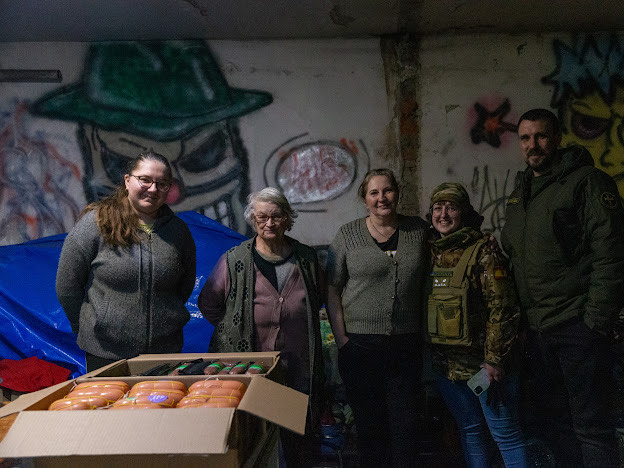
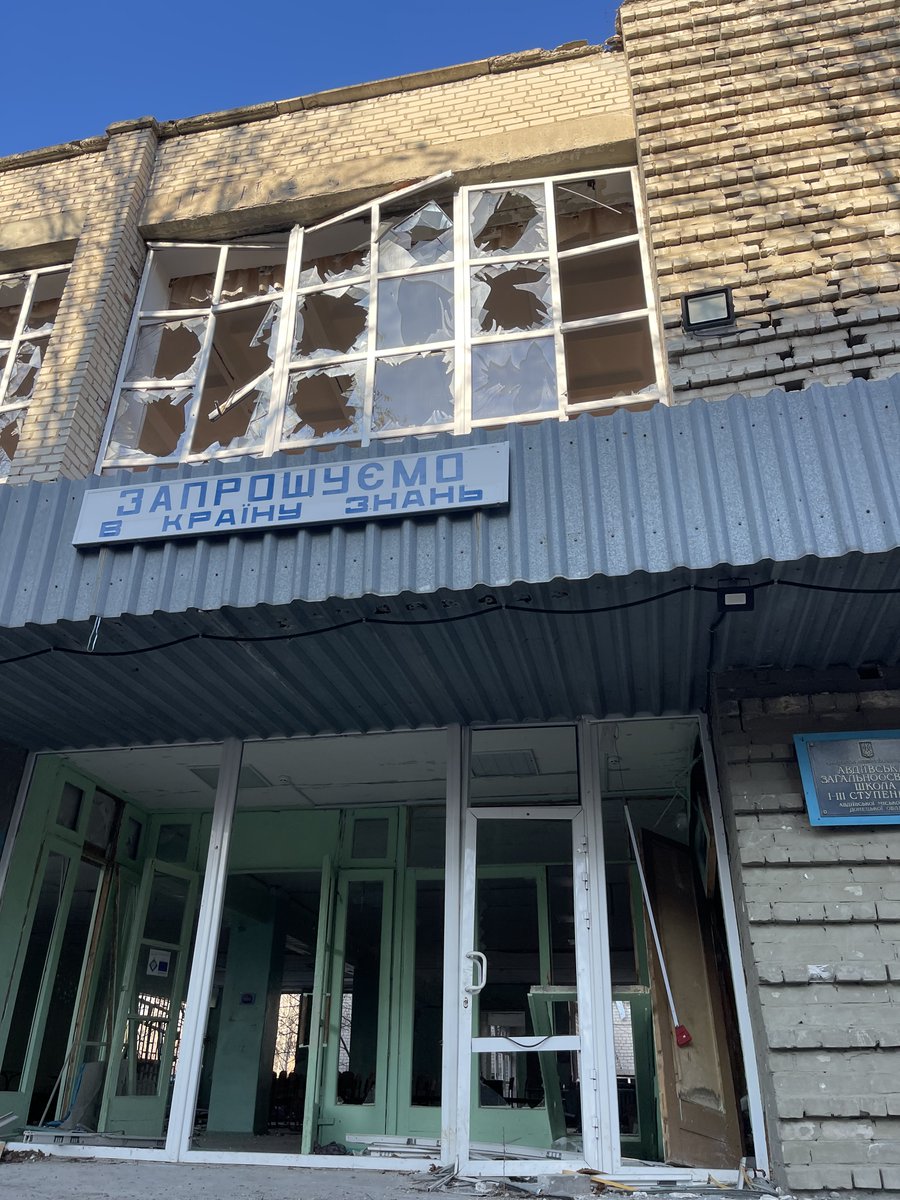

• • •
Missing some Tweet in this thread? You can try to
force a refresh


